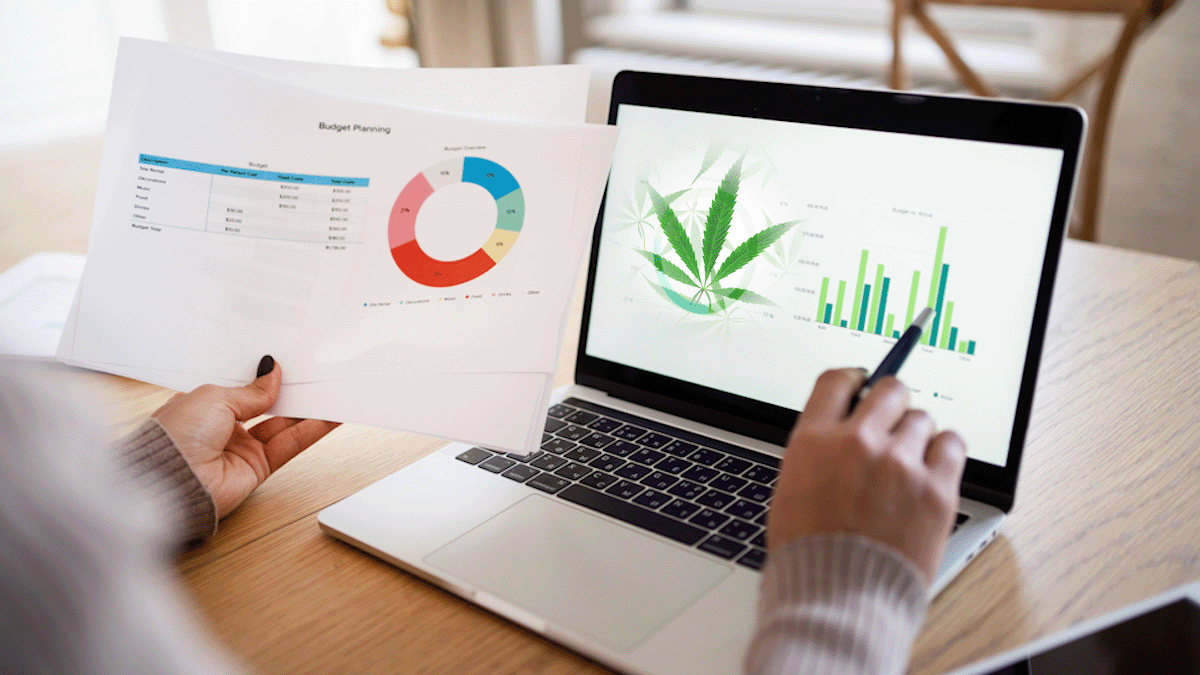Daniel Landes; owner of “City O’ City,” a popular restaurant, considers his options a few days after Denver voters approve the use of marijuana in bars, restaurants and other public places. He could use the comedy club he owns upstairs; having a cannabis and comedy night. Or maybe the yoga studio he owns; in a pot-inspired practice.
“This has been the missing ingredient,” Landes said. “You have people coming to Denver to enjoy legal pot, and they have had no place to use it.”
Things quickly changed on Friday following a ruling by state licensing authorities stating bars and restaurants with liquor licenses could not allow pot use on the premises. As per The Colorado Department of Revenue; this decision was made last summer following talks with: the liquor industry, health experts and groups such as Mothers Against Drunk Driving.
State officials released a news conference stating that the ruling prohibiting the “use of alcohol and pot” concurrently is in the best interest of public health and safety. Using both substances together greatly increases the risk of motor vehicle accidents as opposed to using one substance alone.
The Colorado Restaurant Assn. agreed, stating cannabis use in bars and restaurants “will dramatically increase the liability risks for these establishments.”
This new law “put the breaks” on what many were celebrating as a big step toward the goal of marijuana normalization in Colorado as well as the nation.
Although the state denies it; advocates of marijuana accused them of openly fighting a battle for the liquor industry. The state says the ruling had nothing to do with the passage of the new marijuana measure. It is very likely that Colorado’s marijuana issues are being closely watched by other states who have legalized cannabis.
Colorado and Washington were the first states to make recreational marijuana legal back in 2012. Since then, The District of Columbia as well as six other states have joined them, including California this month. The newcomers are watching the pioneers to see what does and does not work and how to get around the conflicts with the federal government who continues to classify marijuana as illegal.
Supporters backing Initiative 300; (Denver’s new cannabis law) feel that even though they have encountered road blocks, they have come a long way toward addressing the confusion of legal cannabis vs. finding a place to eat, vape or smoke it.
“You have seen a dramatic rise in arrests in Colorado for public consumption of pot. People are using it in the parks and sidewalks where they shouldn’t,” said Kayvan Khalatbari, co-owner of Denver Relief Consulting, who campaigned in favor of the initiative. “Our hope is that [Initiative 300] will reduce public consumption.”
“They seem to think it’s fine for patrons of bars and concert venues to get blackout drunk, but unacceptable for them to use a far less harmful substance like marijuana instead,” said Mason Tvert, spokesman for the National Marijuana Policy Project. “This rule will not prevent bar-goers from consuming marijuana, but it will ensure that they consume it outside in the alley or on the street rather than inside of a private establishment.”
MAPH Enterprises, LLC | (305) 414-0128 | 1501 Venera Ave, Coral Gables, FL 33146 | new@marijuanastocks.com










